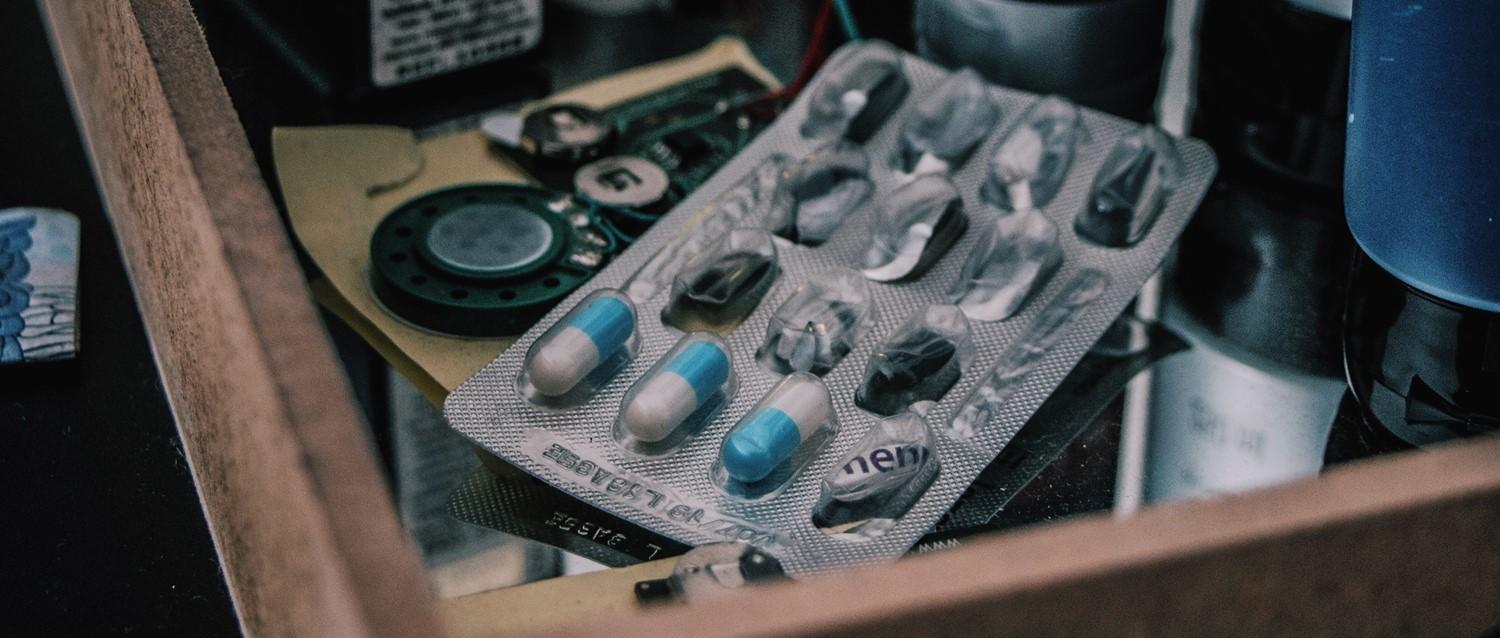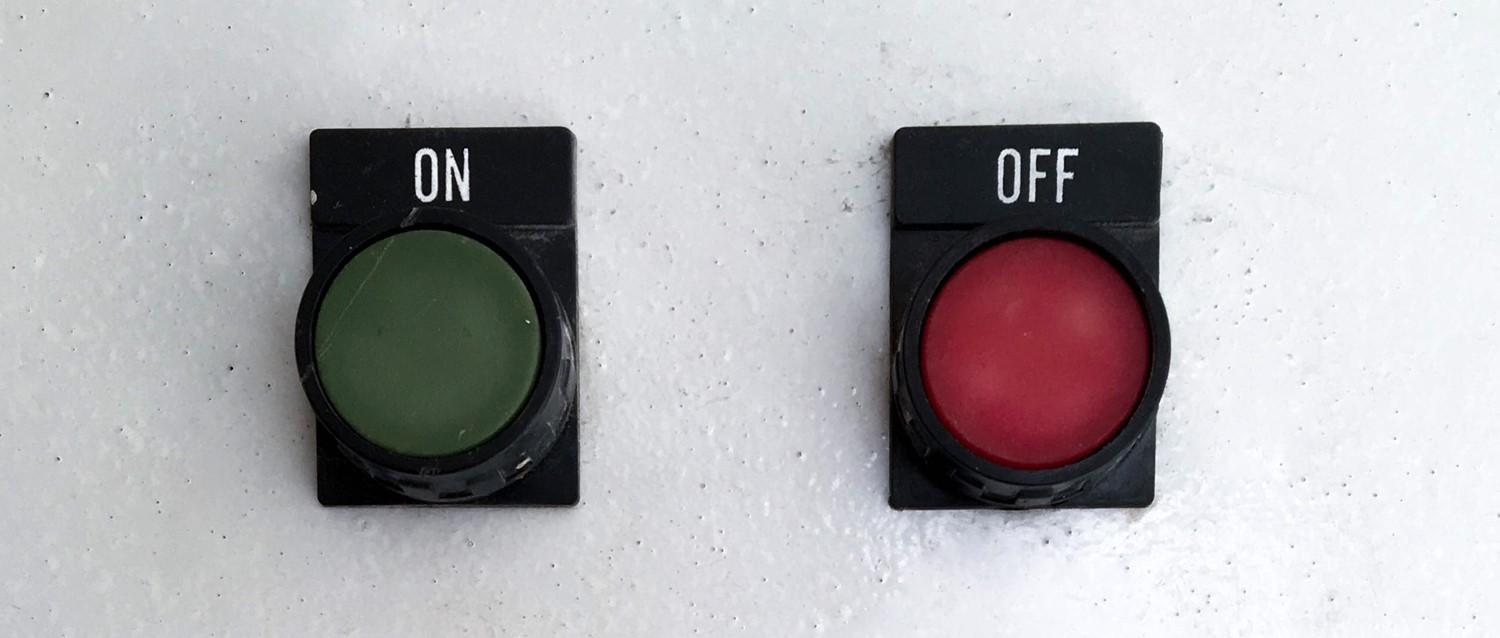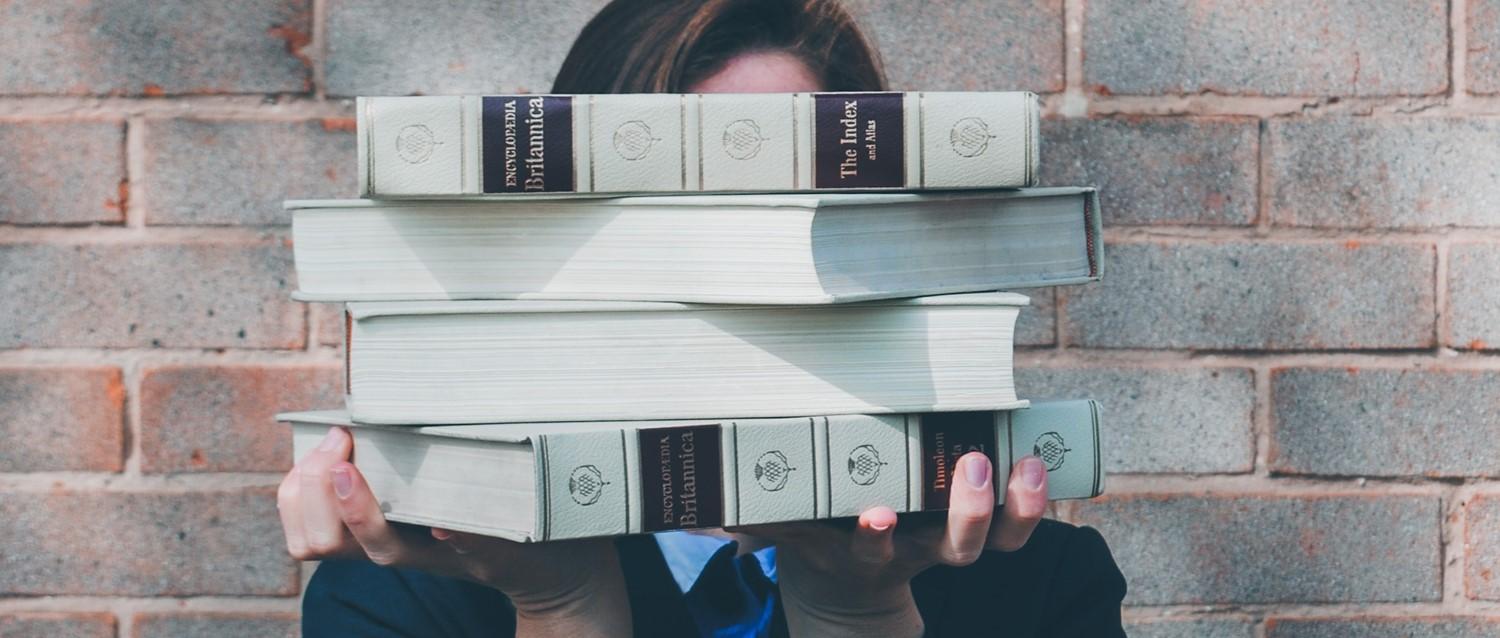
COVID-19 coronavirus: what to do if you need to see a GP or get medication
Peer reviewed by Dr Sarah Jarvis MBE, FRCGPLast updated by Milly EvansLast updated 8 Jan 2021
Meets Patient’s editorial guidelines
- DownloadDownload
- Share
- Language
- Discussion
Whilst we're all staying at home as much as possible during the pandemic, we still need to fulfil our basic needs. Many people still require medications or need to get medical support for something other than COVID-19.
In this article:
Video picks for Pandemic articles
Seeing your GP
Do not attend your GP surgery, pharmacy or hospital if you think you might have COVID-19. You should self-isolate and book a test online. You can use the NHS 111 online tool to find out what to do next.
If you have a GP appointment booked, keep an eye out for communications from your surgery. Surgeries have switched to digital or telephone appointments, and will only carry out face-to-face appointments where necessary after a telephone appointment. This is to minimise the risk to vulnerable patients and clinicians if people carrying the virus go to the practice.
By video
Many practices moved rapidly at the start of the pandemic to set up video-conferencing facilities. This means that an increasing number of appointments with doctors and nurses will be carried out at a distance. Some surgeries are restricting video appointments to those who have already been assessed over the phone.
On the phone
It is likely that the phone line will be busy if you call your GP practice to book an appointment. This is because a large number of people have worries about their health condition and the implications of managing it in a pandemic. A number of clinicians also can't get into surgeries because they are ill. Practices will largely prioritise those with urgent or serious health concerns, meaning that people with routine or minor concerns may have to wait longer for appointments.
Booking online
At the outset of the first lockdown, GPs were advised by the government that nobody should be seen at the practice without a call to check they were free from possible COVID-19 symptoms. As a result, some surgeries have switched off online appointment booking so that they can ensure people with COVID-19 symptoms aren't attending the practice.
Face to face
If you do attend your surgery for an appointment, make sure to follow any instructions given to you by staff at the practice. You should continue to take precautionary measures against coronavirus whilst in the practice, as you would in any public setting.
This includes:
Using hand sanitiser and frequently washing your hands.
Avoiding touching your face with unwashed hands.
Maintaining social distancing (making sure that wherever possible, there are at least two metres between you and another person).
Wearing a face covering.
Getting your prescription
Back to contentsMany pharmacies are currently still open and repeat prescriptions should be available as usual.
If you have a repeat prescription set up already and are self-isolating, see if someone else is able to pick up the prescription for you. If you are isolating, have them drop it off outside your door so that you can avoid face-to-face contact.
Lots of pharmacies or pharmacy services offer a home delivery service. This means that you can get your medication delivered right to your door. Again, ask for the delivery to be left outside if you are isolating. However, do be aware that some pharmacies which previously delivered are now simply too busy to offer this service. That means you may need to make alternative arrangements if you can't collect your prescription, such as asking a neighbour to collect it.
Practices are being encouraged to put as many suitable patients on to electronic repeat dispensing as soon as they can. This will speed up the process for repeat prescriptions to be authorised.
Currently there are no medicine shortages as a result of COVID-19 or coronavirus. Even generic drugs like paracetamol have been stockpiled by distributors to prevent supplier issues.
Many medications were also stockpiled to prepare for Brexit, meaning that the country is prepared to prevent shortages.
Individuals are being urged not to stockpile drugs for themselves. Whilst there are currently no issues getting hold of drugs, if everyone tries to get more medication than they currently need it will put strain on the system. Practices have been advised not to issue repeat prescriptions sooner than they're due, and not to issue more than usual. That means that if you usually get a month's worth of medicines at a time, you won't be able to change to a three-month supply.
People with health conditions which require medication should ensure they have enough to see them through an isolation period (currently 10 days).
Continue reading below
What about surgery and routine appointments?
Back to contentsIn the first lockdown, NHS England suspended all non-urgent surgery, and most routine appointments and screening, for three months. This resulted in a huge backlog of patients waiting for non-COVID-19 treatments.
In the last few months, there has been a concerted effort to prevent further delays by keeping hospital and GP services open. However, as cases of COVID-19 rise to levels high above those seen in the first wave, many hospitals have needed to pause all non-urgent outpatient appointments and operations.
Nonetheless, you should still speak with your doctor if you have medical concerns: routine hospital appointments have not been cancelled in all areas and urgent referrals are still going ahead almost everywhere.
What if there's an emergency?
Back to contentsIf you have a medical emergency and need an ambulance, you should continue to call 999 or the relevant emergency number in your area.
For urgent non-coronavirus medical queries which don't require an ambulance, use NHS 111's online tool or call 111 if you have no access to the internet. There will be a long wait to speak to someone because of calls about coronavirus but they will still take your call.
NHS workers, clinicians and other medical staff are working around the clock to ensure that everyone gets the care they need. The coronavirus pandemic is unprecedented and unplanned for, meaning that lots of emergency measures are being taken. Be as patient as you can with staff - they are doing their best at a very difficult time.
Patient picks for Pandemic articles

COVID-19
Why it’s difficult to switch off during the pandemic
If you feel like you've been in an 'always on' mode since the start of the pandemic, you're not alone. In a relatively short space of time, our lives and routines have been upended, making it difficult to switch off.
by Lydia Smith

COVID-19
How are universities supporting students during the COVID-19 pandemic?
Unsurprisingly, the pandemic has had an enormous impact on students. COVID-19 has meant students have been forced to isolate themselves and do their learning online, usually while paying extremely high university and accommodation fees.
by Lydia Smith
Continue reading below
Article history
The information on this page is peer reviewed by qualified clinicians.
8 Jan 2021 | Latest version

Ask, share, connect.
Browse discussions, ask questions, and share experiences across hundreds of health topics.

Feeling unwell?
Assess your symptoms online for free
Sign up to the Patient newsletter
Your weekly dose of clear, trustworthy health advice - written to help you feel informed, confident and in control.
By subscribing you accept our Privacy Policy. You can unsubscribe at any time. We never sell your data.